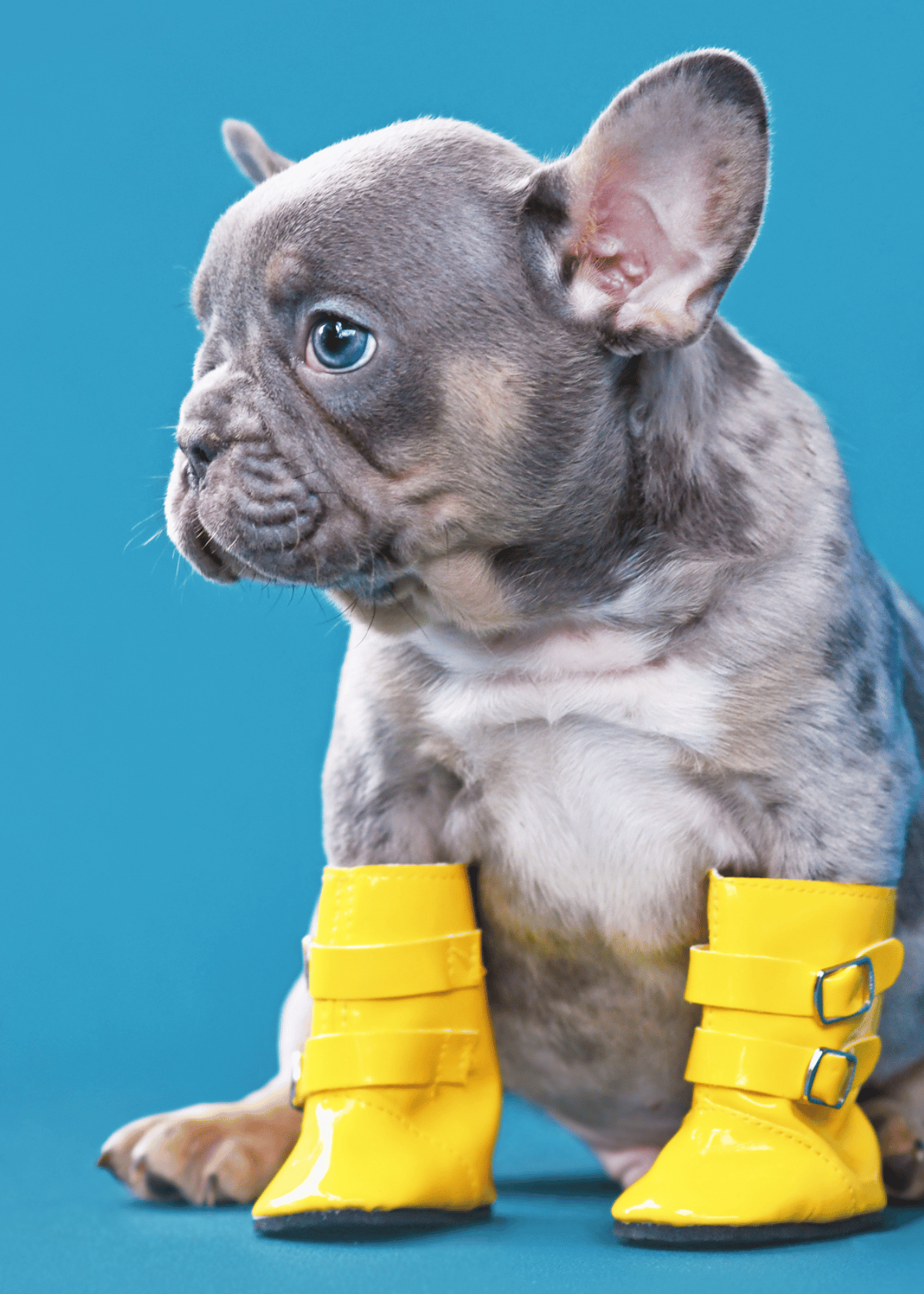When it comes to our furry friends, we all want nothing but the best for them. As dog owners, we shower them with love, attention, and treats! But there's one aspect of pet parenting that can be a little bit controversial: should you crate your dog? Many people have different opinions on this matter, but today's blog post will hopefully answer some of your questions and clear any confusion you may have.
Firstly, what is crating your dog? It's essentially keeping your pup in a crate, cage, or kennel when you're not at home or can't supervise them. Now, the question is, should you do it or not? There's no definitive answer to this, as it really depends on your dog and their personality. Some dogs may benefit from the safe, comfortable space a crate offers, while others may find it stressful and uncomfortable. It's important to understand your dog's temperament before making a decision.
Secondly, crates can be helpful in training your pups. Crate training involves teaching your dog to see it as a safe space, somewhere they can relax and feel comfortable. Learning to enjoy being in their crate can help with potty training, preventing destructive behaviors, and separation anxiety. However, you shouldn't rely on the crate as the only form of training and shouldn't use it as a form of punishment.
Thirdly, crates can also be useful when traveling with your dog. If you're taking your furry friend on a road trip or flying with them, having a familiar crate can make them feel more secure and comfortable throughout the journey. Plus, it's a great way to ensure that your pup won't be a distraction while you're driving.
Fourthly, there are some cases where crates may not be the best option. If your dog has anxiety or fear issues, being confined to a small space may make their stress levels worse. If that's the case, it might be better to explore other options, such as a playpen or a designated dog-proofed area at home. Also, if you're crating your dog for long periods of time, make sure they have access to water and toys and that they're let out for regular exercise and potty breaks.
Lastly, it's important to emphasize that crate training should always be done in a positive and humane way. Don't force your dog into the crate, and never use it as a form of punishment. Instead, gradually introduced them to it, making it a comfortable and safe space for them. Remember, our dogs are members of our families, and we want them to feel loved and cared for at all times.
In conclusion, whether or not you should crate your dog really depends on your dog and their needs. It can be a useful tool for training and traveling, but it's not a one-size-fits-all solution. As pet owners, it's important that we approach crate training with care and understanding, always making sure that our furry friends feel safe and loved. At the end of the day, a happy and healthy dog is the best kind of dog!
If you're interested in learning about accessories that can make a crate more inviting for your furry friend, please check out our article on the best dog crate water bottles:







